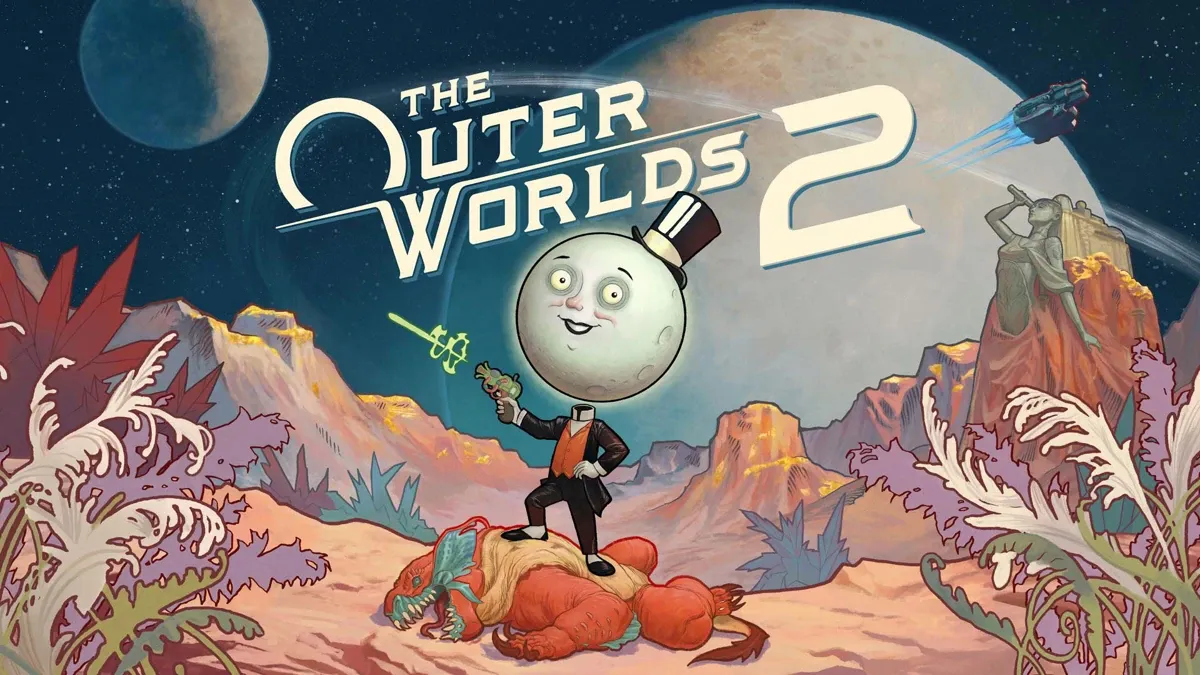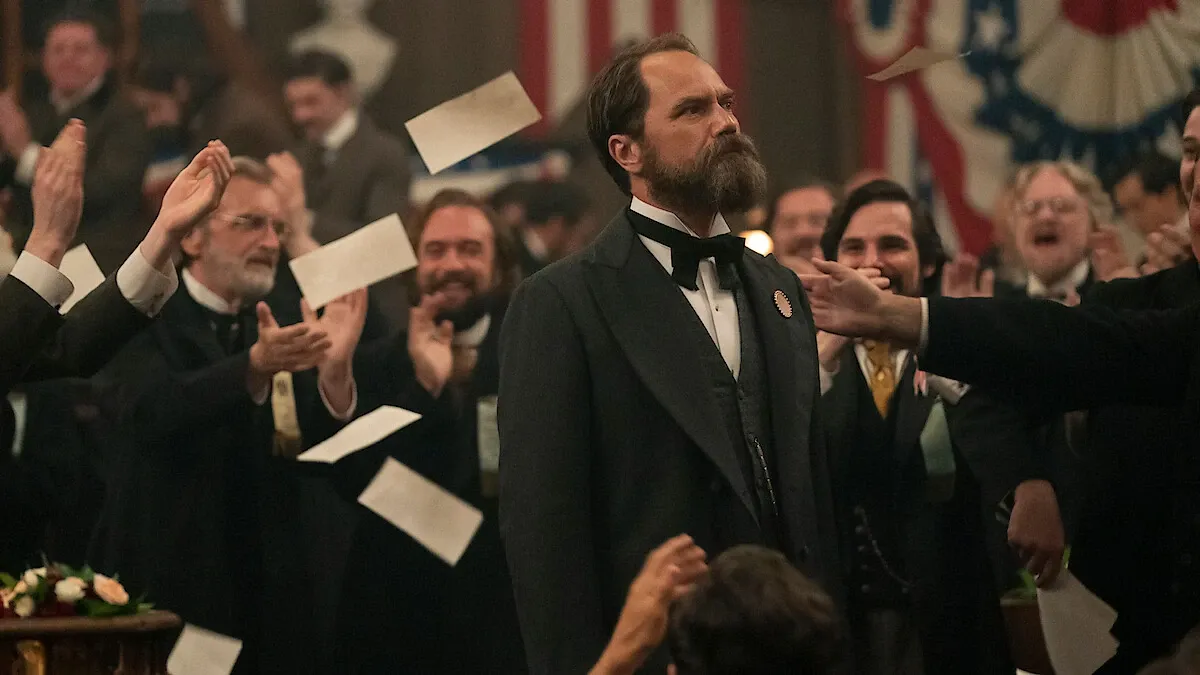It’s the end of a decade, and Britain faces great change on all fronts. Just as the roaring twenties are coming to a close, Wall Street crashes, sending the global economy into a spiral. In its aftermath the Peaky Blinders find themselves pulled from high society into the streets that knitted their bones. As Tommy tries keeping his family from falling apart, he must contend with the appearance of the demonic Oswald Mosley.
One of the great joys of previous seasons has been watching Tommy outsmart his foes thanks to his wits and family. Even when pulled apart, the Shelby’s have found ways to come together in the end no matter the scenario. This dynamic admittedly began to strain at the end of season three, which saw Michael send and release his family from prison in a convoluted plan to appease his political rivals. It was a watershed moment, one that surely would keep the family together tighter than before.
Sadly that’s not the case, and series five sees the Shelby’s return as if the intermittent years had never existed. Arthur, the Hyde to society’s Jekyll, is as unhinged as ever. Michael is still a scheming little twerp. Polly can’t decide if she’s a master manipulator or a giddy schoolgirl. Even Tommy, the anchor keeping everything together, feels lost. Maybe that’s the point, but it does make for dull viewing. Instead of growing, the family has become caricatures of who they were; unhappy memories of rough drafts come to life. The new villain, Mosley, played with scenery chewing outlandishness by Sam Claflin, is too broad too fast to feel threatening. Where the first two seasons took their time to establish antagonists, series five hops right onboard the Nazi-train and hopes recognizability carries the limp characterization.
The same applies for the plotting, usually one of the highpoints in the series. Reeling from his losses, Tommy continues his freefall as the head of a family hellbent on eating themselves alive. But the series can’t decide what it wants from him this time around, leaving the hugely talented Cillian Murphy spinning in circles for much of the first half. There’s rival gangs, Tommy’s ascendance in politics, a potential traitor in the family, turf wars, and the looming threat of another World War — it’s all too much.
BLINDERS is nearing the point where history becomes more known and recent, meaning certain liberties it takes are much more restrained. Always teetering on the edge of historical fiction, series five takes this even further by introducing Mosley and Winston Churchill, both set up as major players for what comes next. Whatever it is remains to be seen, as series five is mostly all set up and very little payoff. It’s a gamble bound to leave some frustrated since the show is known for taking its sweet time between seasons. The previous hiatus lasted just over two years, and felt every bit as long.
Where the series still shines is the presentation. BLINDERS remains one of the prettiest, most immaculately designed shows around. Be it the streets of Birmingham or the intricate House of Lords, everything is rendered in loving detail. The directors know this; not a single episode goes by without one of the series signature slow motion walks taking place. These admittedly become a tad too self-serving towards the end, and there is such a thing as diminishing returns for cool. It’s thanks to the endlessly photogenic cast such quibbles are quickly forgotten.
What doesn’t work as well are the song choices. The early series often surprised with eloquent and lovely covers of classic Nick Cave, Tom Waits, and Rolling Stones songs, many contextualized in a brand new way for the story. An early use of PJ Harvey remains one of the highlights of any show, anywhere. No such luck this time though, as series five aims for easy tunes and recognizability over anything else. (Using War Pigs over scenes showcasing preparation for war is a particular stinker.) The choices seem clunky and obvious, and they lack the punch the younger seasons packed.
It could be fair to say all this is too harsh. But PEAKY BLINDERS has set itself up for an eventual downgrade. The show has been too good for too long, consistently delivering thrills and mature delights for half a decade now. No show can handle that without the occasional dip in quality. For BLINDERS that dip means that it’s just OK. Not bad, not mesmerizing, but entirely watchable if unremarkable.
Put it this way, even with all these complaints, I binged the season in less than two evenings.
BLINDERS will return in a few years, and I’ll be right there to welcome it back when it does.












